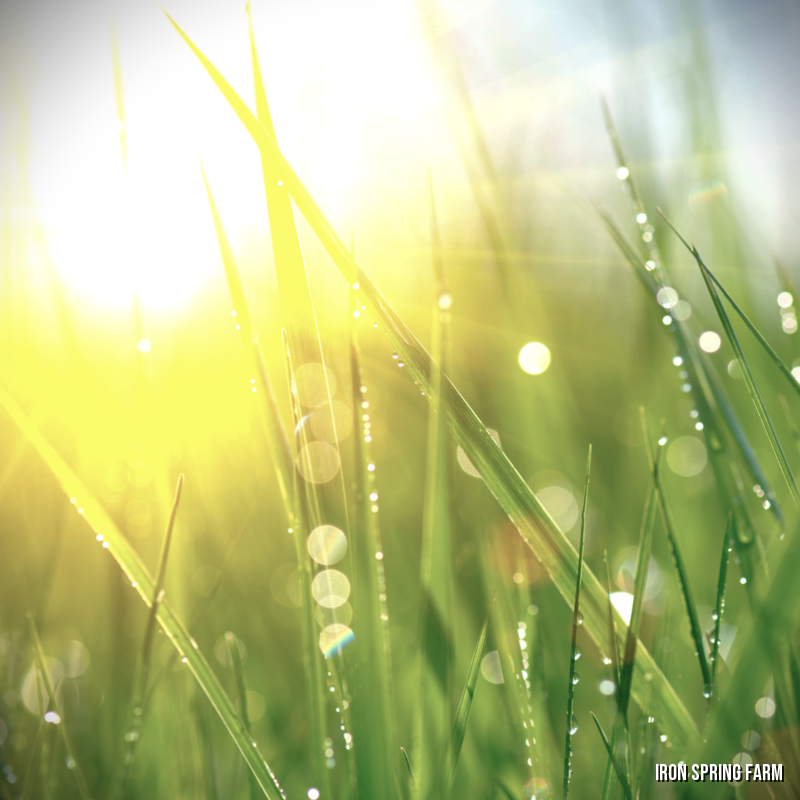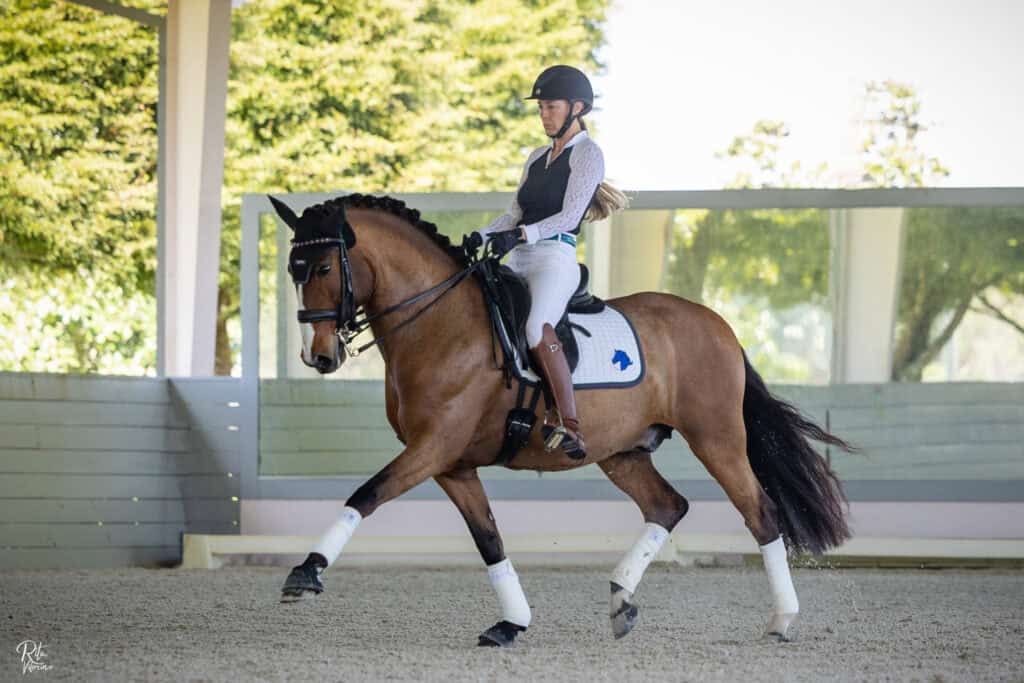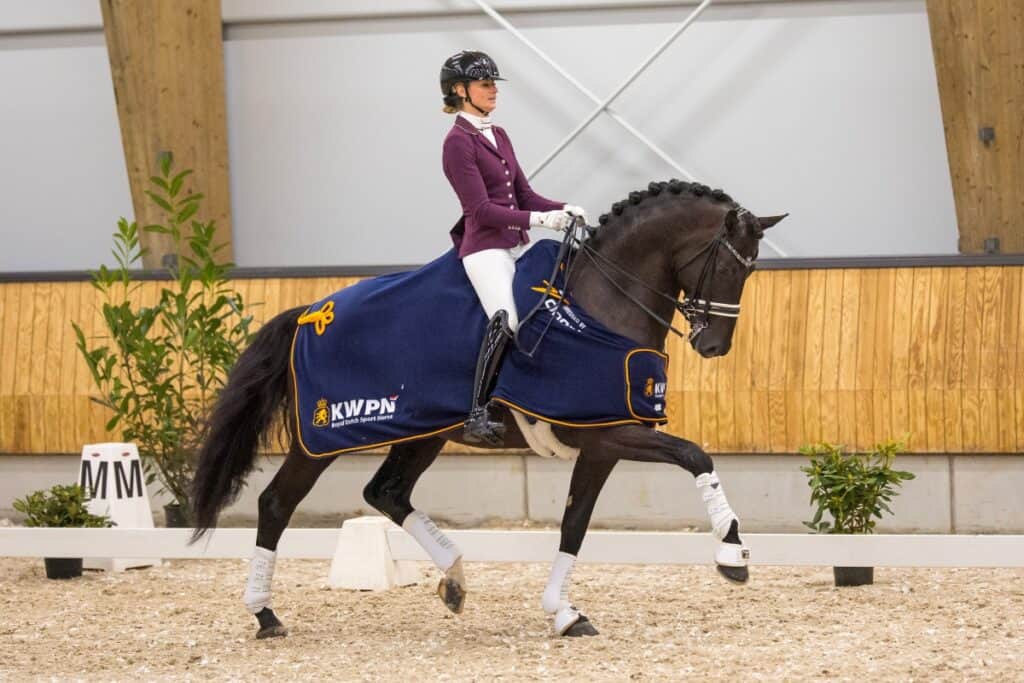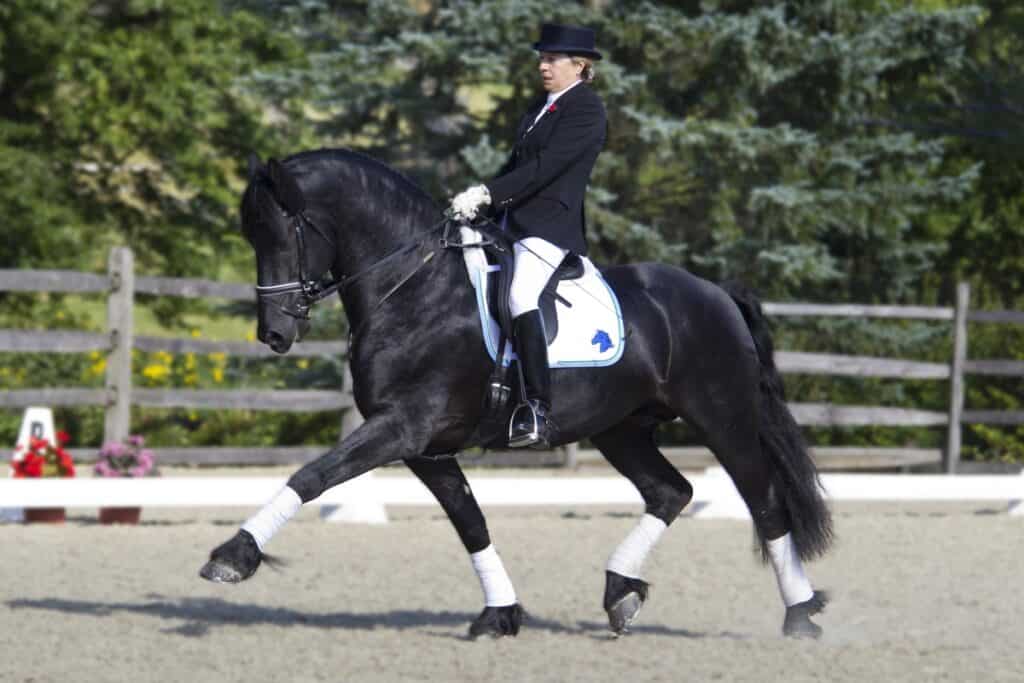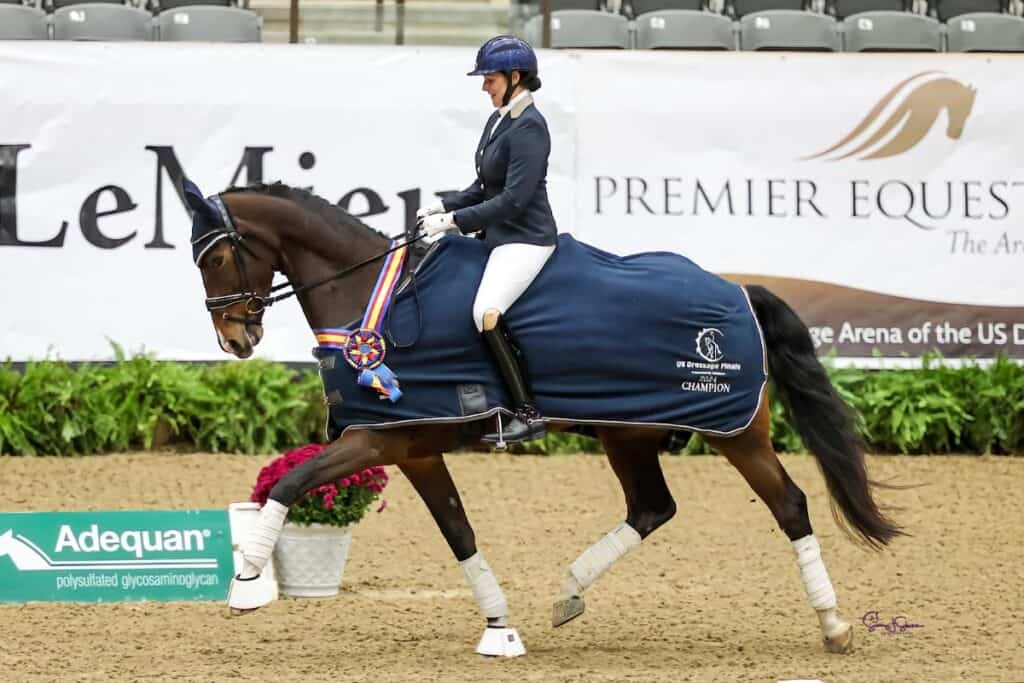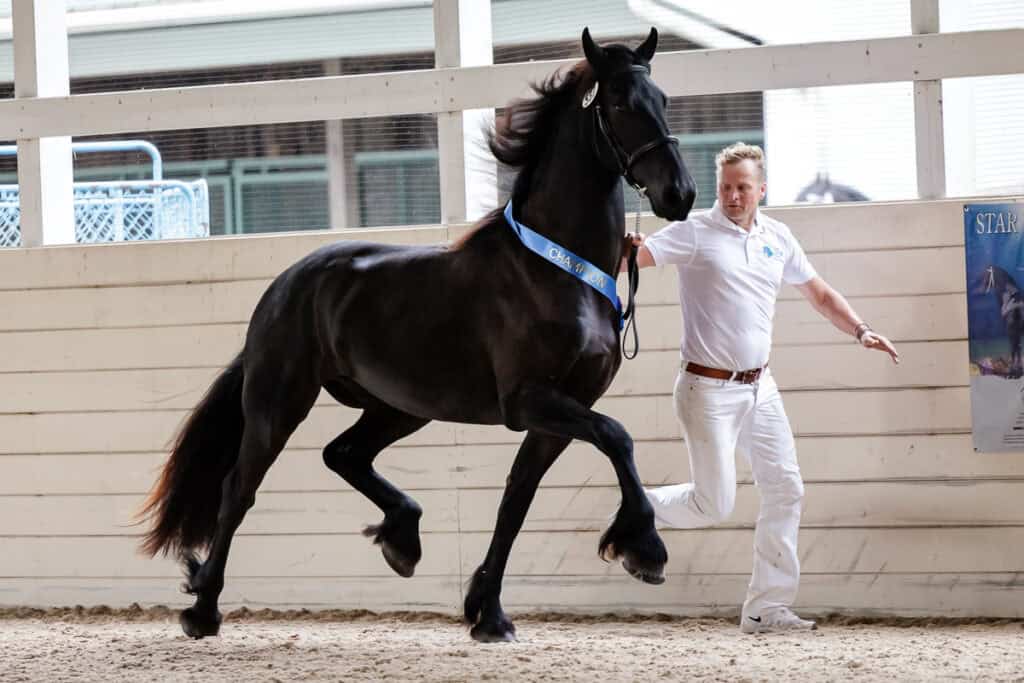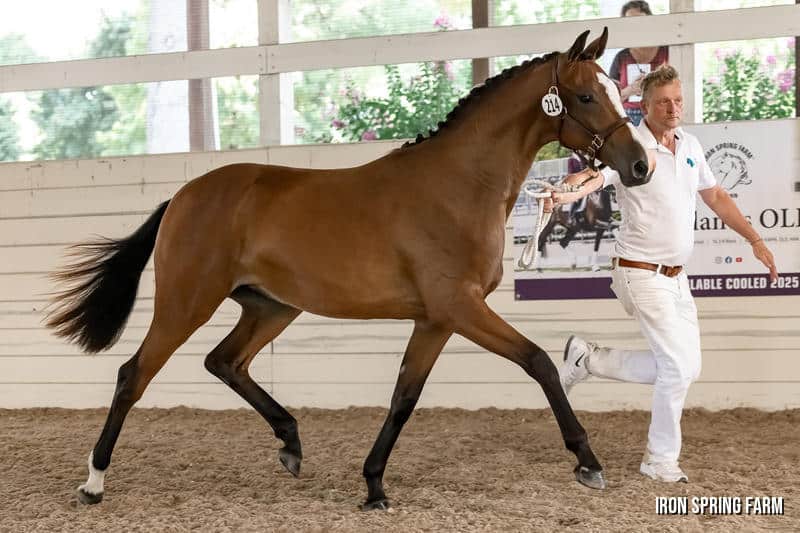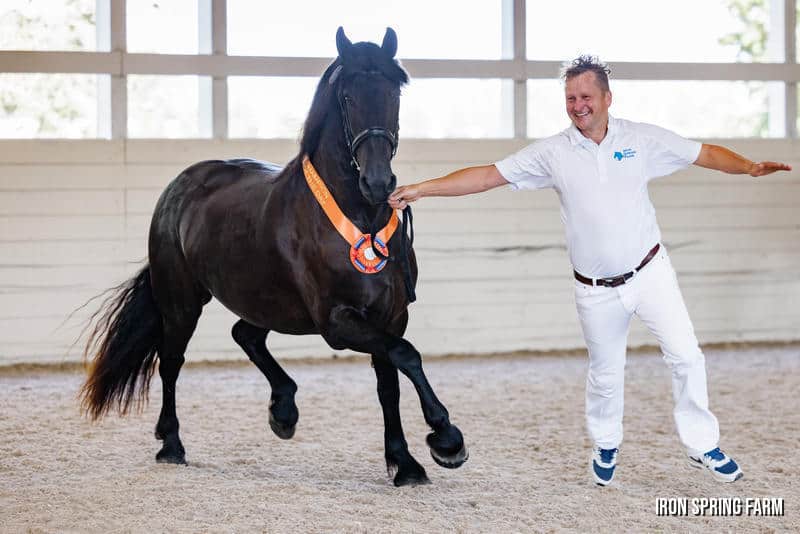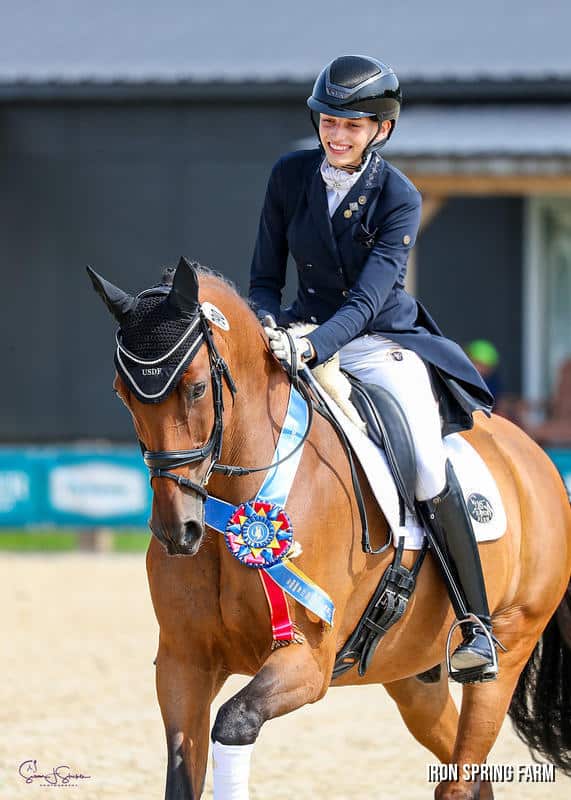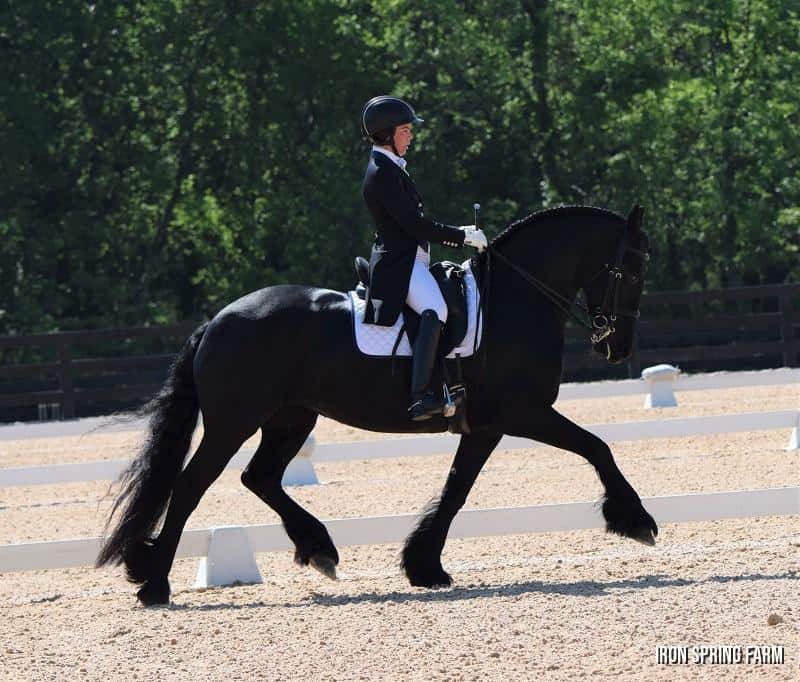Research has shown that vitamin E is an important nutrient that helps horses maintain normal neuromuscular function. Vitamin E is especially critical for young horses and horses genetically predisposed to developing neuromuscular diseases. Inadequate amounts of vitamin E can lead to a range of neuromuscular conditions.
According to the University of California, Davs, there are “three different types of neuromuscular diseases associated with vitamin E deficiency: equine neuroaxonal dystrophy/equine degenerative myeloencephalopathy (eNAD/EDM), equine motor neuron disease (EMND) and vitamin E deficient myopathy (VEM). These diseases are typically diagnosed based on the clinical signs, exclusion of other disorders and a low blood vitamin E concentration.”
Neuromuscular disorders can cause a lack of coordination, standing with forelegs either too far under the body or camped out in front, difficulty navigating hills, steps or poles. In extreme cases there may be muscle wasting and weakness.
Prevention is key. Vitamin E is primarily found in green grass pastures growing in high quality soil. Unfortunately, hay is not a good source of Vitamin E as the nutrient is lost as soon as the grass is cut. So horses in work and any horse not spending considerable time on pasture are likely deficient.
Your veterinarian can assess your horse’s vitamin E levels through a blood test.The results determine whether or not your horse needs vitamin E supplementation.The blood work will also indicate proper dosage should supplementation be necessary.
At ISF, we test and supplement as needed based on recommendations from our veterinarian.
There are several brands offering high quality vitamin E supplements. Look for natural vitamin E versus synthetic, which is not as easily absorbed. Although the natural vitamin E supplements are more expensive, they are more effective and you will need to feed less of them.
While vitamin E supplementation is generally considered safe, very high doses for extended periods of time can affect the absorption of fat soluble vitamins, which can create additional health problems. Another issue to be aware of is that vitamin E is often combined with other nutrients, particularly selenium. Both compounds are needed in neuromuscular function and deficiencies in either impact cellular function. However, overfeeding vitamin E supplements with selenium can lead to toxic levels of selenium.
It’s important to work with your veterinarian to develop and monitor vitamin E supplementation so that your horse gets the nutrients he needs without causing imbalances in other nutrients.
As more research is done on equine nutrition and its impact on health and performance, our understanding of the necessity of quality supplementation for sport horses continues to evolve. Working closely with your veterinarian is the best way to keep up with the advances.
Disclaimer:
All content provided by Iron Spring Farm is general and for informational purposes only. Content may also not constitute the most up to date information. Nothing in this content is intended to constitute veterinarian advice or to serve as a substitute for consultation with a veterinarian. Always seek the advice of your veterinarian or other qualified provider with any questions that you may have about the treatment and care of your horse.
Any reliance that you place on the information provided is strictly at your own risk and Iron Spring Farm, its officers, employees, representatives, and agents, hereby disclaim any and all liability to any party for any direct, indirect, implied, punitive, special, incidental, consequential or other damages arising directly or indirectly from access to or use of any content provided to the maximum extent permitted by law.
